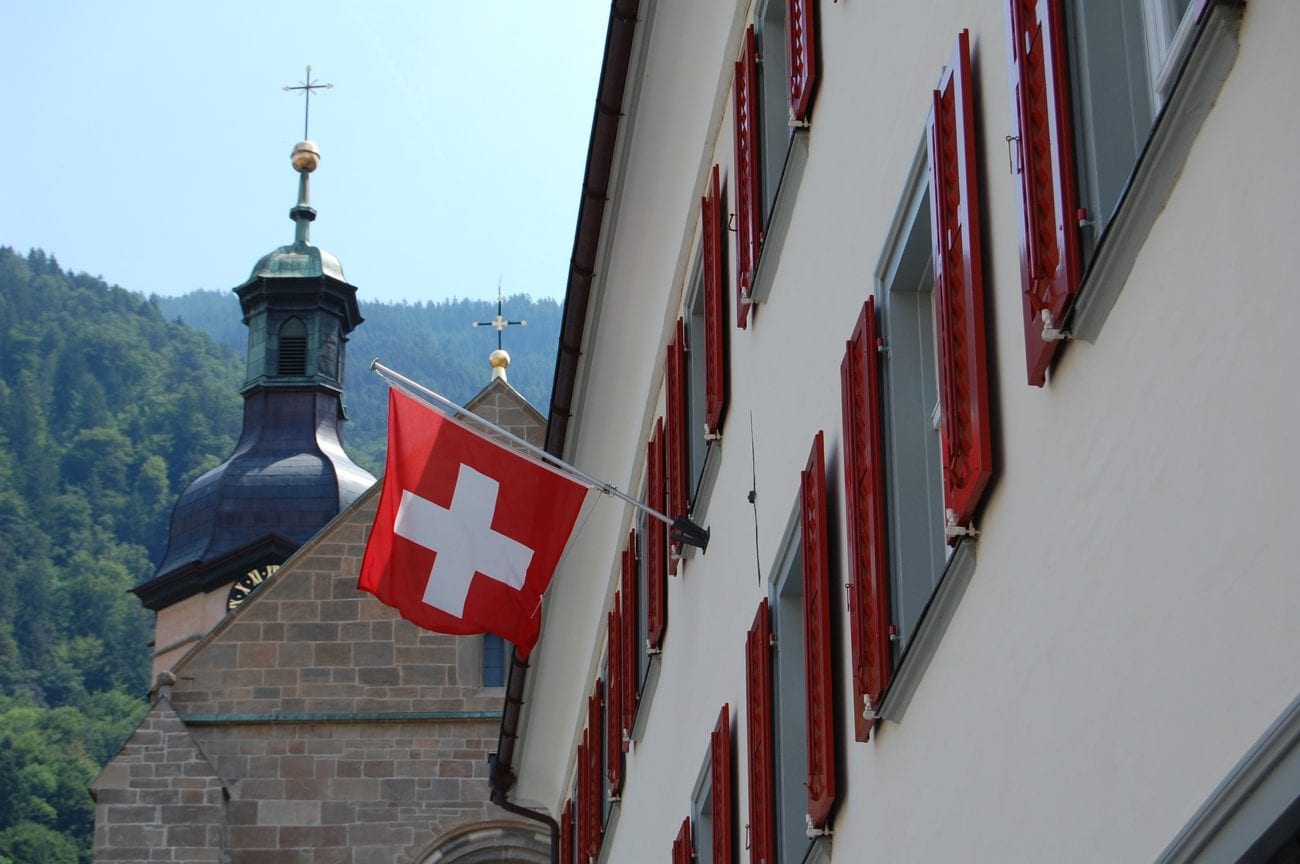Swiss canton plots overhaul of gambling regulations

The Swiss canton of Glarus has launched a public consultation on a series of changes to its gambling laws, following the implementation of the Federal Act on Real-Money Gaming (Bundesgesetz über Geldspiele) in January 2019.
The introduction of the new federal laws, which outlaws unlicensed activity and permitted land-based casinos to secure igaming licences, has necessitated a complete revision of cantonal regulations, the Glarus Department of Security and Justice explained.
Following the BGS’ introduction on 1 January, Swiss cantons were given a two-year window to adapt their regulations to the new federal model.
The framework proposed by Glarus aims to create more opportunities for small-scale gambling activities.
The updated gaming laws will permit skill gaming machines, as well as small lotteries, run to fund charities, events and social organisations, and poker tournaments. However, locally-run sports betting operations will remain prohibited.
All gambling products will require licences, aside from small-scale, non-profit raffles and lotteries. Poker tournament organisers will also be required to pay a fee of between CHF100 (£83/€92/$102) and CHF1,000 per player, depending on the size of the tournament.
Operators of skill gaming machines, meanwhile, will be charged a fee of between CHF100 and CHF2,500 per machine per year, based on each terminal’s maximum stakes and potential profits.
The updated regulations also mean that purely entertainment-based games such as pinball, darts, free-play video games and table football no longer require regulatory approval. However, the Regierungsrat added, it reserves the right to place limits on how many of these games, or the machines on which they are played, in any venue.
Those that fail to secure licences or fail to properly organise such events can face a CFH5,000 fine, or a three-year ban from organising any games of chance in the canton.
No changes have been proposed to the regulations covering intercantonal gambling, such as the sports betting and lottery business operated across the country’s German-speaking regions by Swisslos. Glarus’ share of profits from these operations will continue to be divided between its cultural, sporting and social funds, with the Regierungsrat to determine how much is allocated to each entity.
The consultation on the proposed regulations runs until 21 October. The Regierungsrat will then have until 26 April, 2020 to make any changes or additions to the legislation, before it goes to a public vote at the state’s Landesgemeinde. This is a public, non-secret balloting system, also known as a cantonal assembly, where the public are invited to debate then vote on legislations.
One of the oldest forms of direct democracy worldwide, it is currently only used in Glarus and Appenzell Innerrhoden.
The Landesgemeinde will also give Glarus’ citizens the chance to ratify the intercantonal agreement governing the operation of Swisslos. However as this has been agreed by lawmakers in all relevant cantons, they cannot propose changes to the agreement.
